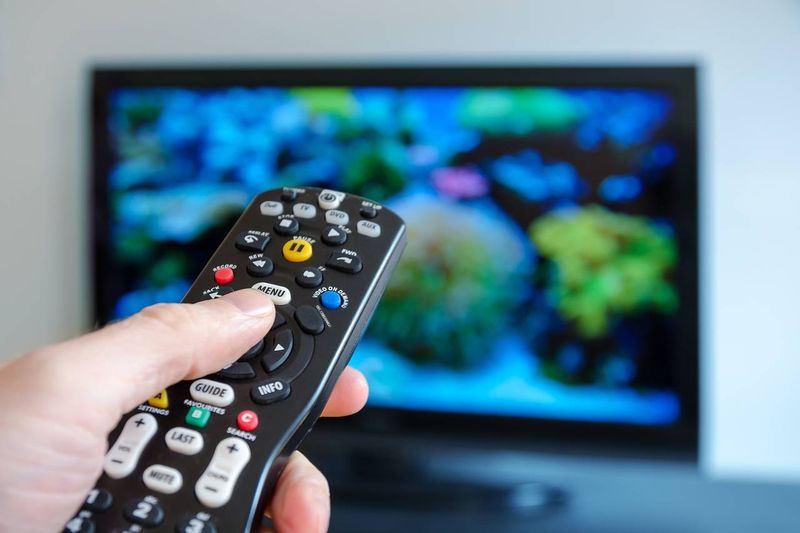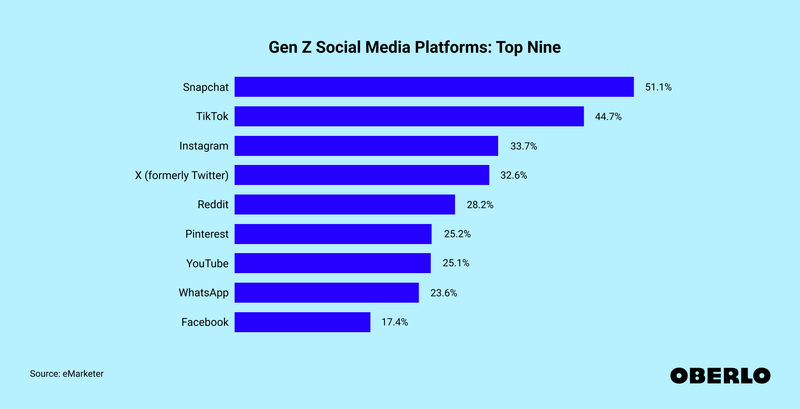Gen Z, the generation born approximately between 1997 and 2012, has distinct perspectives shaped by rapid technological advancement and changing cultural landscapes. Their values often diverge from those of previous generations, reflecting a shift towards digital convenience, inclusivity, and flexibility. This list explores eleven things that Gen Z tends to view as outdated or unnecessary, offering a glimpse into their priorities and lifestyle preferences.
1. Cable TV
Gen Z frequently questions the relevance of cable TV in an age dominated by streaming services. They argue, “Why pay for ads and scheduled programming when streaming exists?” Their entertainment habits revolve around the flexibility offered by platforms like Netflix and Hulu, which allow them to watch content on demand without interruption. The rigid structure of cable programming feels archaic to a generation accustomed to instant access and personalized viewing experiences. This shift underscores a broader trend towards digital content consumption, making cable TV seem like a relic of the past.
2. Phone Calls
For Gen Z, phone calls are often seen as an inconvenience rather than a necessity. They express, “Just text me. Calling is for emergencies or my grandma.” The preference for texting over calling reflects a desire for asynchronous communication that fits into their busy, multitasking lifestyles. Texting allows them to communicate in bursts, think about responses, and maintain multiple conversations simultaneously. The formality and immediacy of phone calls can feel intrusive, whereas texting provides a sense of control and comfort. This shift illustrates a broader move towards digital communication.
3. Formal Dress Codes
Gen Z challenges traditional dress codes, especially in workplaces that don’t involve client interaction. They ponder, “If my job doesn’t involve meeting clients, why can’t I wear hoodies?” The preference for casual attire reflects a broader trend towards comfort and self-expression. In their view, rigid dress codes are unnecessary and stifle individuality. They value workplaces that prioritize results and creativity over appearance, viewing casual environments as more conducive to innovation. This attitude highlights a generational shift towards redefining professionalism and work-life balance.
4. Traditional 9-to-5 Jobs
Gen Z is rethinking the traditional 9-to-5 work model in favor of flexible, remote, and gig economy opportunities. They assert, “Side hustles, remote work, and gig jobs give me freedom.” This generation values autonomy and seeks work that aligns with their passions and lifestyle preferences. The rigidity of a conventional office job contrasts with their desire for varied experiences and work-life integration. By embracing digital platforms and entrepreneurial ventures, Gen Z is pioneering new ways of working that challenge the status quo and emphasize personal fulfillment.
5. Owning a House (as a Life Goal)
For many in Gen Z, homeownership seems like a distant and impractical dream. They question, “With these prices? I’ll rent forever or live in a van.” Economic factors such as student loan debt and rising property costs make buying a house less appealing. Instead, they prioritize experiences and mobility, often opting for minimalistic lifestyles. The freedom to travel and explore outweighs the traditional desire for a permanent residence. This reflects a generational shift towards valuing flexibility and adaptability over the perceived burden of homeownership.
6. Facebook
Facebook, once a digital titan, is increasingly viewed as outdated by Gen Z. They quip, “That’s for boomers and marketplace scams.” This generation gravitates towards platforms like Instagram, Snapchat, and TikTok, which offer more dynamic and visually engaging content. The perception of Facebook as a space dominated by older generations and cluttered with ads and misinformation deters younger users. Gen Z’s preference for ephemeral and interactive content reflects their desire for more authentic and immediate social interactions.
7. Buying New Cars
For Gen Z, the idea of buying a new car often seems unnecessary and financially burdensome. They argue, “Leasing, ride-sharing, or biking is cheaper and greener.” This generation places a high value on sustainability and cost-efficiency, which aligns with their interest in alternative transportation methods. The rise of car-sharing services and public transit options provides convenient and eco-friendly solutions. By prioritizing mobility over ownership, Gen Z is redefining transportation norms and challenging the traditional car industry’s emphasis on new vehicle purchases.
8. Paper Receipts
Gen Z’s digital-first mindset extends to their disdain for paper receipts. They demand, “Email it to me. I don’t need a mile-long CVS slip.” The convenience of digital receipts aligns with their eco-conscious values and preference for organized, clutter-free living. Digital receipts reduce paper waste and offer easy storage and retrieval, fitting seamlessly into their tech-savvy lifestyles. This shift highlights a broader generational embrace of technology to simplify and streamline everyday tasks, reflecting a commitment to sustainability and efficiency.
9. Physical Wallets
For Gen Z, physical wallets are becoming an artifact of the past. They declare, “Apple Pay or death.” This generation’s affinity for digital solutions is evident in their preference for mobile payment systems. The convenience and security of contactless payments appeal to their fast-paced lifestyles. Smartphones have become multi-functional tools, integrating payment, identification, and communication. The move away from traditional wallets reflects a broader trend towards minimalism and digital integration, underscoring Gen Z’s embrace of technology to enhance everyday convenience.
10. Monogamy (For Some)
Some members of Gen Z are questioning the traditional notion of monogamy. They muse, “Why limit myself? Ethical non-monogamy is normalized now.” This perspective reflects a broader cultural shift towards relationship diversity and autonomy. Embracing non-traditional relationship models allows individuals to explore personal authenticity and freedom. The normalization of ethical non-monogamy also highlights a commitment to transparency and consent in relationships. By challenging conventional norms, Gen Z is advocating for more inclusive and personalized approaches to love and partnership.
11. Tipping (When Not Dining In)
Gen Z often questions the expectation of tipping when not dining in. They wonder, “Why am I tipping for a muffin I picked up myself?” The practice of tipping in these contexts can seem unwarranted, especially when service appears minimal. This generation values fairness and transparency, challenging traditional tipping norms that seem outdated or inappropriate. By questioning these practices, Gen Z is initiating conversations about fair compensation and the evolving dynamics of consumer service interactions, advocating for a re-evaluation of customary financial gestures.











